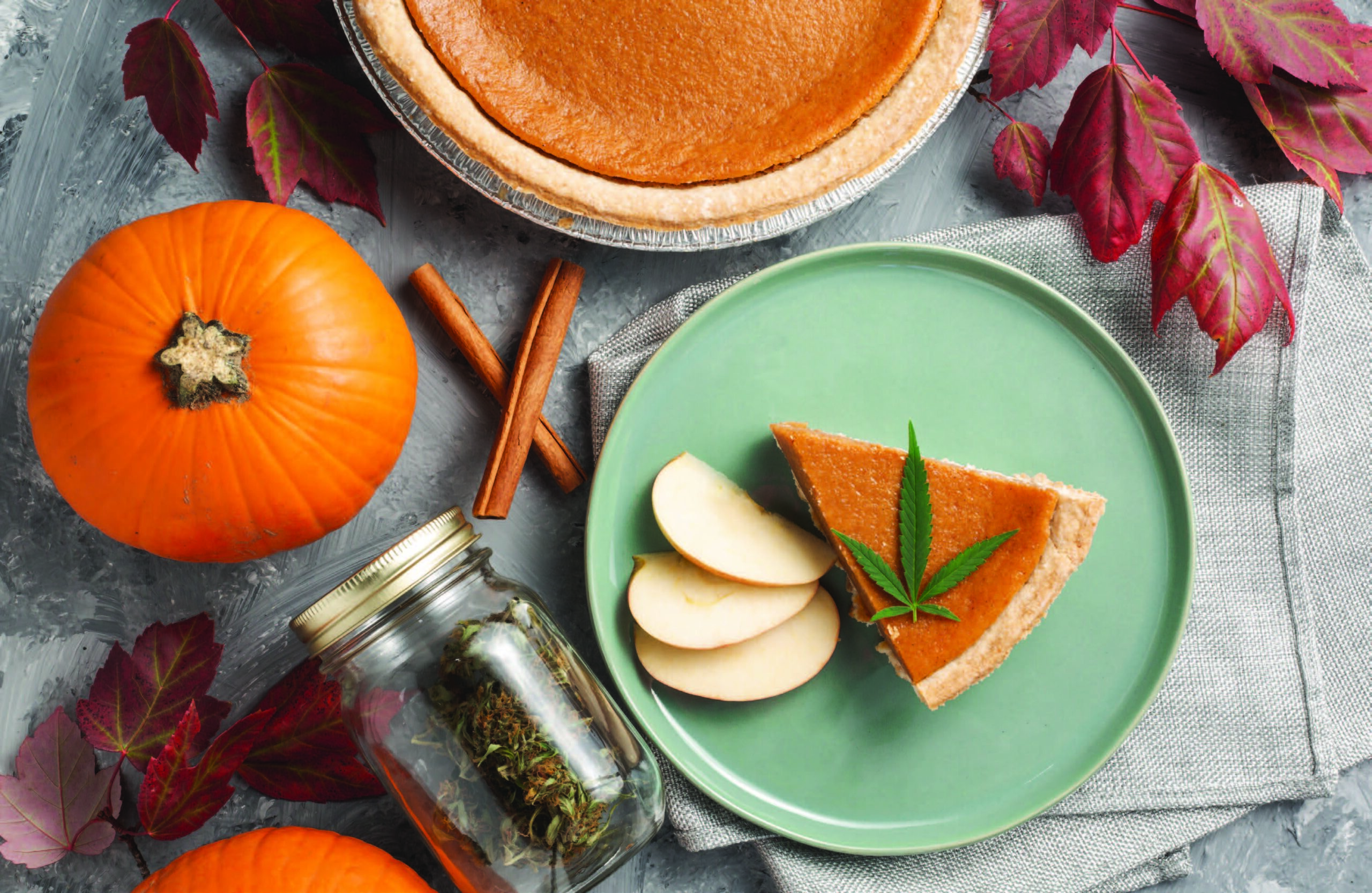Pour it up. And by “it” we mean apple cider, because out at Fenceline Cider in Mancos, you’ll find plenty of the good stuff. The new cidery is the latest addition to the Four Corners’ vibrant local brew scene, but in this case, the brewers are eschewing hops and barley, and are utilizing local fruit from the town’s 100-year-old apple trees instead. It’s an interesting niche – and a resourceful one for the farmers in Mancos. After all, orchards used to be one of the main agricultural businesses in Montezuma County, but today very few of the orchards are properly farmed. Perhaps with a little time, Fenceline will manage to change that.
“Orchards are a lot of work,” said Fenceline Cider and Outlier Cellars co-owner Neal Wight.
Wight and his business partner, Sam Perry, are taking full advantage of the unused trees. The idea came about after Wight, whose background is in wines, made cider for a friend’s wedding. From there, Fenceline cider was born.
When the transplants first landed in Mancos, they “just knocked on doors and met folks” to acquire apples for their recipes. They opted for the name Fenceline, a nod to the abundance and varieties of apple trees that grow along fences, due in part to birds perching on them and propagating seeds. When apple seeds are spread by birds, they will not share the original traits of the tree they came from. Consider the tree as the mother and the seeds as her children, each with their own individual traits, which are combined with the dad’s traits via pollenization. To grow a particular apple, you have to graft a young twig onto a living stump, but you can graft multiple varieties onto one stump, Wight said.
Ciders, like wine, are dependent on the fruit. Fenceline’s ciders will differ from year to year based on the season, but you can count on the recipies to always be apple-forward, which results in the tart, crisp flavors.
“We’re letting the apples speak for themselves,” Wight said.
[image:2]
The cidery also offers rotating guest taps with unique cider blends, such as lemongrass, passionfruit, and cherry, which range wildly in their dryness and sweetness. The variations make it so there is something to enjoy in the bright, open tasting room.
Jeremy Scott, a self-proclaimed “total apple nerd,” works in the cider lab that flanks the tasting room. In the “mad scientist” lab, as Scott calls it, you will find fermenters, brite tanks, large oak barrels, and plenty of other gear necessary to turn apples into cider.
“All I care about is quality,” Scott said.
A trained scientist and “PHD drop-out,” Scott got his early cider education working at Teal Cider in Delores. He later expanded that cider reportoire by experimenting on his own, which he continues to do at Fenceline. One area of the fermentation room is dedicated to testing out new recipes, and he can tell with one whiff of the experimental mini-batch – which smells like sulfery Pagosa Springs – that it’s no good. But the rest are odorless, which means the experiment continues.
Scott blends dessert apples with true cider apples, crabapples, to create a flavor that suits their palate. Crabapples add a bitterness and tartness that is not found in dessert apples. Fenceline’s ciders are fermented cold and slow, which results in more interesting flavors. It’s quite unlike the sweet, alcohol-heavy flavors often found in mainstream bottled cider.
More experimenting is happing outside of the cellar, too. Perry owns a young orchard on his ranch in Mancos where over 100 cider apples have been planted. Wight said the orchard will grow a variety of fruit characters they can test out in recipies the future. They are also growing apple varieties they find interesting for cider and that grow well in the area.
Wight said the plus side of working in Mancos is that the community has been receptive to Fenceline because of their connection to the apple trees. But there might be something else to it, too. Cider is the bridge between the beer and wine worlds in flavor and in spirit, with the sophistication and nuance of wine, but without the pretentiousness that might turn some people off. That easy-going attitude toward cider is part of why any and everyone will feel right at home on a Fenceline bar stool, frosty glass in hand.













